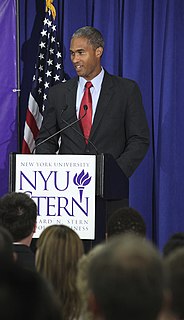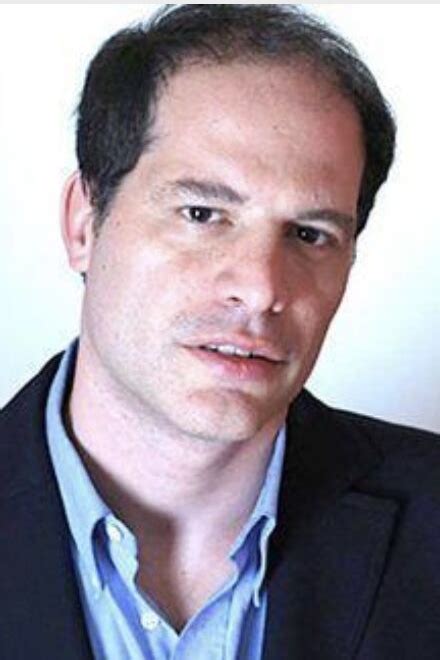A Quote by Nick Hanauer
Tech innovation is something societies have to pursue as vigorously as they can. We have to innovate civically and socially at the same rate; otherwise, you create unfortunate disruptions, and that's where you have people opposing technological innovations.
Related Quotes
The best innovations - both socially and economically - come from the pursuit of ideals that are noble and timeless: joy, wisdom, beauty, truth, equality, community, sustainability and, most of all, love. These are the things we live for, and the innovations that really make a difference are the ones that are life-enhancing. And that’s why the heart of innovation is a desire to re-enchant the world.
The paramount doctrine of the economic and technological euphoria of recent decades has been that everything depends on innovation. It was understood as desirable, and even necessary, that we should go on and on from one technological innovation to the next, which would cause the economy to "grow" and make everything better and better. This of course implied at every point a hatred of the past, of all things inherited and free. All things superceded in our progress of innovations, whatever their value might have been, were discounted as of no value at all.
If a company truly wants to resolve the innovator's dilemma, it does need to be able to create wave after wave of disruptive innovation. And those disruptive innovations will typically grow to the point where they do cause some pain for leading companies. But most disruptive innovations create substantial new growth before they cause that pain.
Prosperity in human society is misunderstood. The difference between a rich and poor society is the number of problems that society solves for its citizens. That means technological innovation is the source of all prosperity, but with every tech innovation, you also get disruption - ultimately, social and civic disruption.
Tech companies like to set stretch goals, like we'll try to be the best company for women and minorities, and we have to ask, "What does that really mean?" By setting a goal like that, it makes all of us pay attention to that idea and try to innovate around it, to understand the underpinnings. One piece is being transparent, saying "Hey, we have an issue, we're open to innovation on it." It's important for innovation to prove that more diversity makes better products.


































